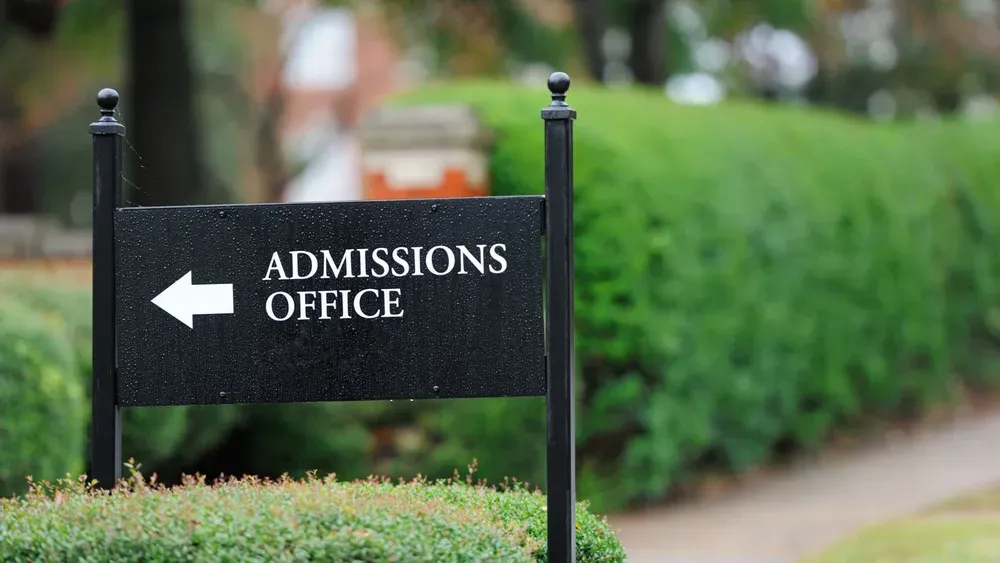California legislators have sent a bill to Governor Gavin Newsom’s desk that would prohibit private colleges and universities from using legacy or donor admissions when deciding student bodies. California would become the fifth state to pass such a law.
As The Los Angeles Times reported, state lawmakers have been pushing for the bill for several months. In late August, the State Assembly and Senate voted in favor of the measure, and if signed, it would take effect on Sept. 1, 2025.
[RELATED: Colleges are ending legacy admissions following SCOTUS affirmative action decision]
“We want to make sure that every student applying into the most elite schools in our state have an opportunity, that it’s fair, that it’s equitable,” said Democrat State Rep. Phil Ting, the bill’s author in February.
As it stands, the bill would require an annual report from every state private institution of higher education as to how many students were admitted because of legacy or donor considerations. “If a university violates the law, there could be action by the attorney general,” Ting said earlier this week, per The Times. “I hope the AG would make violations a priority.”
The Association of Independent California Colleges and Universities which comprises the private California institutions of higher education says that it would comply with the bill.
“We have been clear throughout the discussions on this bill that we welcome the opportunity to help ensure people have confidence in an admission process that is equitable for all,” Kristen Soares, president of the association, said. “Our colleges and universities are compliance-driven institutions, and if the bill is signed into law, they will work faithfully to meet the implementation date.”
California would become the fifth state to ban legacy and donor admissions for private colleges and universities, following Colorado, Illinois, Maryland, and Virginia. With the exception of Colorado, which passed its law in 2021, all the states adopted the measures in response to the Supreme Court ruling against Affirmative Action. The ruling, which was released in 2023, found that race-based admissions were unconstitutional.
When asked for comment, Ting’s office shared with Campus Reform his press release on the bill, in which he stated: “Equal opportunity is the name of the game here. Everyone should be considered fairly. Hard work, good grades and a well-rounded background should earn you a spot in the incoming class – not the size of the check your family can write or who you’re related to. If we value diversity in higher education, we must level the playing field. That means making the college application process more fair and equitable.”
Campus Reform contacted Gov. Newsom’s office and the Association of Independent California Colleges and Universities for comment. This story will be updated accordingly.
